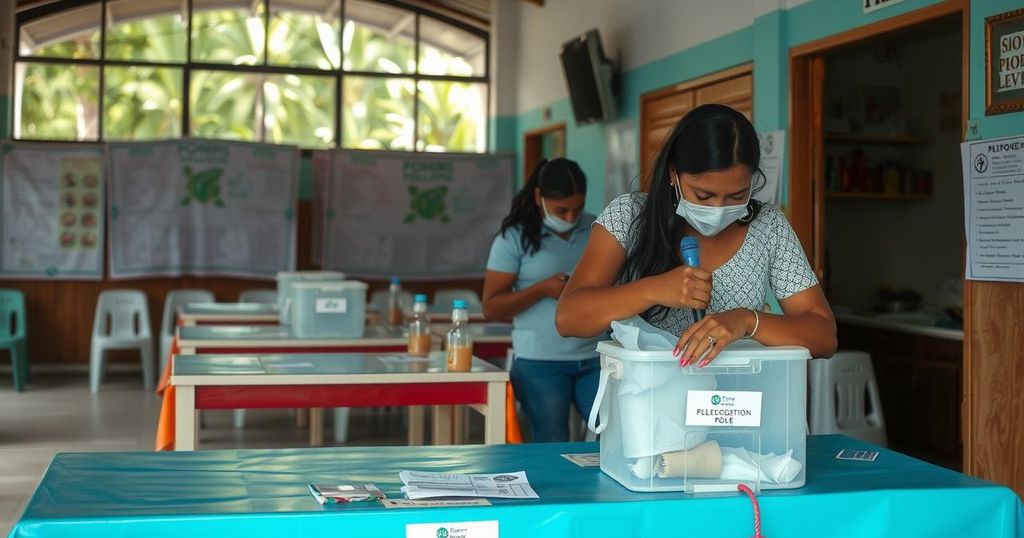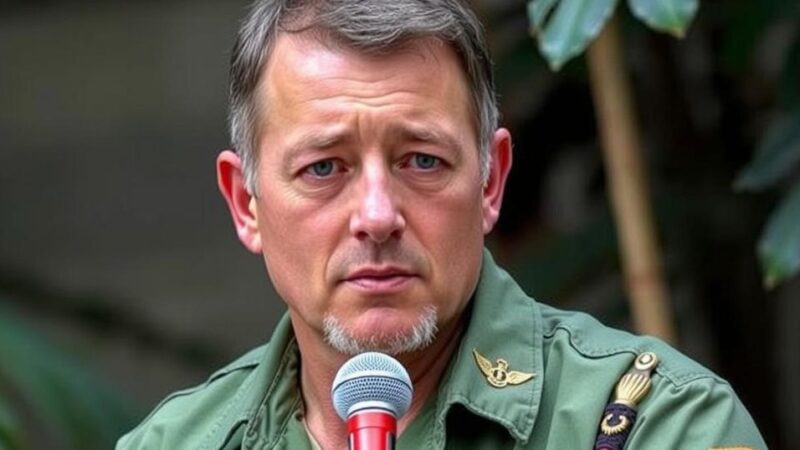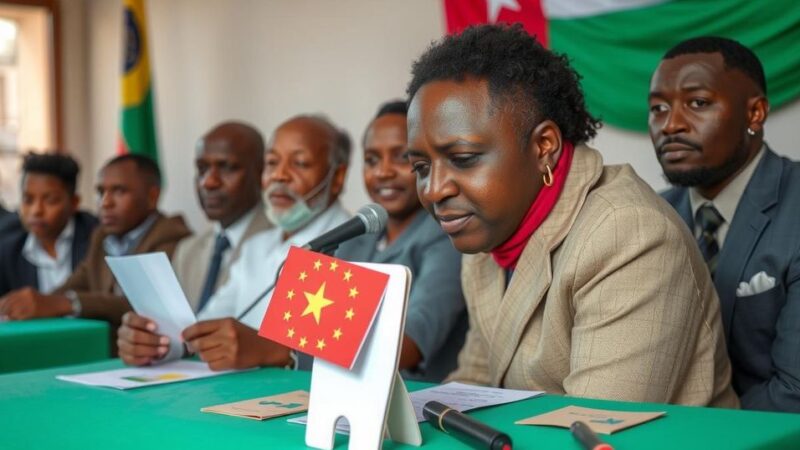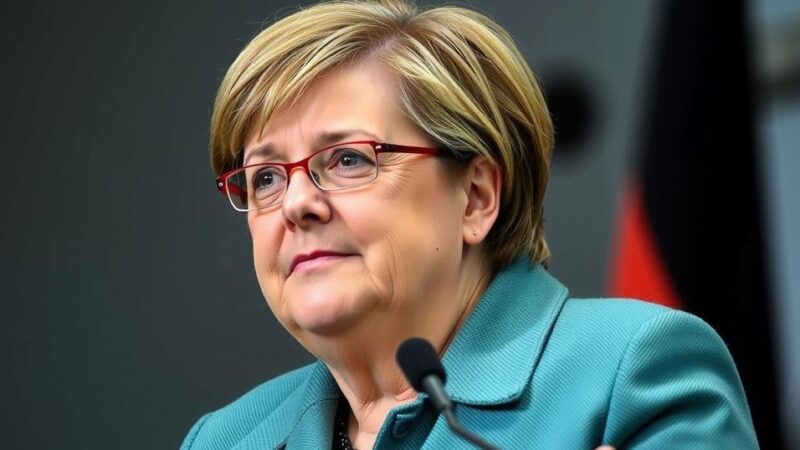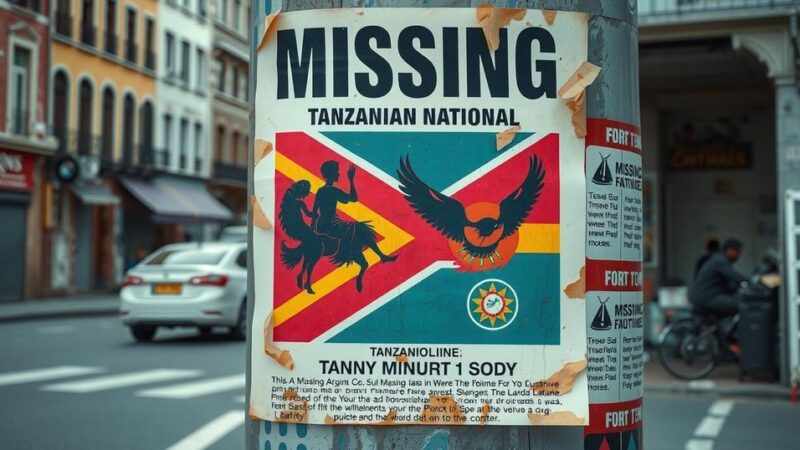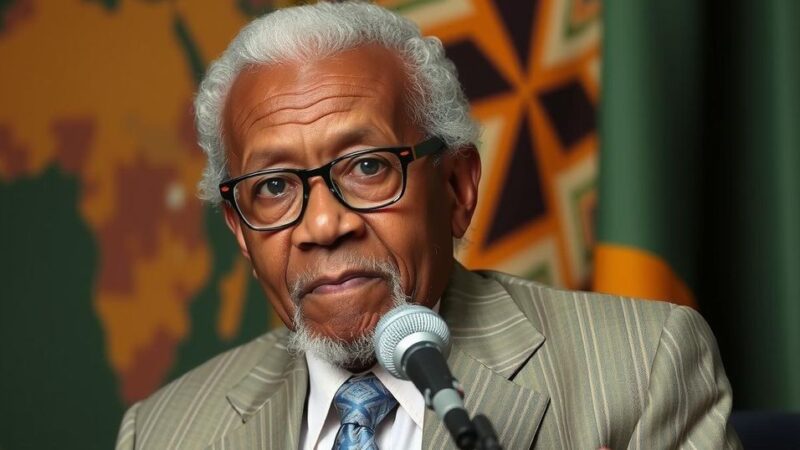Voters in Comoros are heading to the polls for parliamentary elections amid claims of irregularities in the last election and amid concerns over President Azali Assoumani’s authoritarian rule. Approximately 338,000 individuals are registered to vote, with almost 100 candidates competing for 33 seats. Some opposition parties have called for a boycott, but others are participating in the elections to expose the government’s flaws. Results are expected by Friday.
Voters in Comoros are exercising their democratic right to elect members to the country’s 33-seat parliament. This election follows the controversial re-election of President Azali Assoumani last year, which the opposition claims was plagued by significant electoral irregularities—a charge vigorously denied by officials of the ruling party. On Sunday, polling stations opened to accommodate approximately 338,000 registered voters. The last parliamentary elections were conducted in January 2020, and the Supreme Court has authorized nearly 100 candidates to vie for parliamentary positions.
President Assoumani, who has been in power since 1999 following a coup, has garnered attention for allegedly cultivating an authoritarian regime. Critics suggest that he is setting up his eldest son, Nour El-Fath, for succession at the conclusion of his term in 2029. In a notable power shift, Assoumani conferred expansive authority upon his son in 2024, assigning him comprehensive oversight of government operations. While some opposition parties, including the Juwa party led by former President Ahmed Abdallah Sambi, who is currently serving a life sentence, have advocated for a boycott of the elections, others have opted not to heed this call.
Hamidou Karihila, a contestant from the opposition Hope of the Comoros party, expressed a contrary viewpoint, asserting, “The Azali regime is weakened … by participating in these elections we are contributing to further exposing the flaws in its system and accelerating its inevitable fall.” The election results will be announced by Friday, indicating a swift conclusion to this pivotal political event in the archipelago.
Comoros is an archipelago located in the Indian Ocean, which has a history of political instability and frequent changes in leadership. President Azali Assoumani has been a dominant figure in Comorian politics since seizing power through a coup in 1999 and subsequently winning multiple elections. His administration has faced accusations of authoritarianism and electoral manipulation, leading to tensions with opposition groups. The current parliamentary elections are crucial as they occur amidst such accusations and a backdrop of discontent among certain segments of the population. The dynamics between the ruling party and opposition parties reveal ongoing struggles over governance and democratic integrity in the nation.
In summary, the parliamentary elections in Comoros are poised to further define the nation’s political landscape, as voters engage in a process overshadowed by allegations of previous electoral misconduct. The ruling party’s insistence on legitimacy contrasts sharply with opposition calls for boycotts and allegations of authoritarian rule. Observers await results, which may significantly impact Assoumani’s administration and the future governance of Comoros.
Original Source: www.armidaleexpress.com.au

